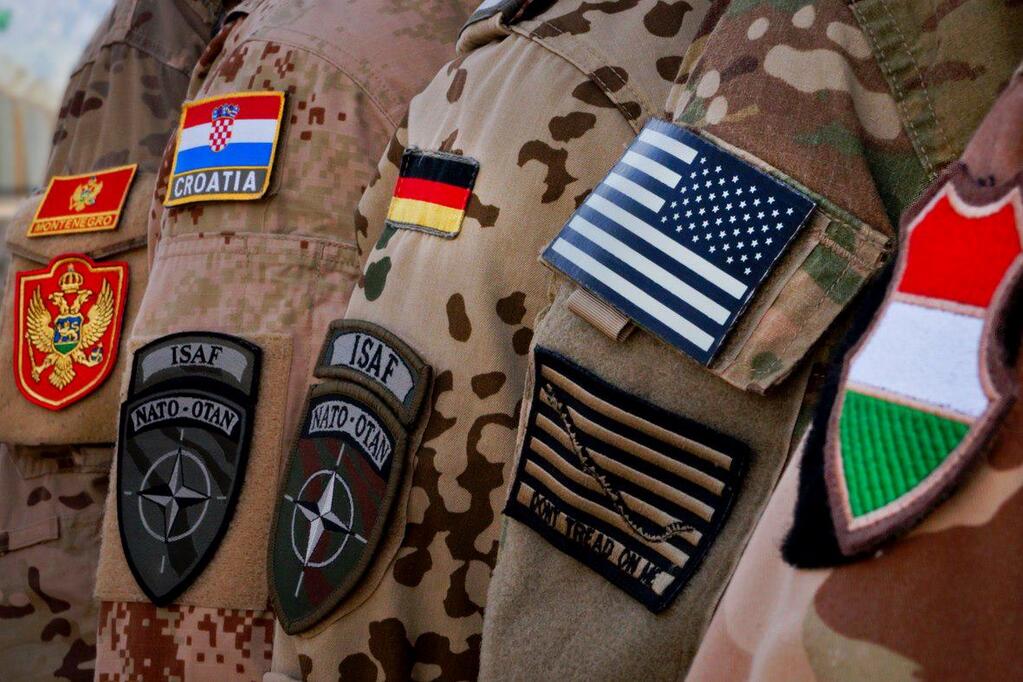
With the recent news that Syria’s regime may have jumped across Obama’s red lines, thoughts turn to how to intervene. While there are lots of questions about how to proceed, one key question is whether to try to get NATO to intervene or rely on a coalition of the willing. There has been much outstanding scholarship on the efficacy of coalitions vs. alliances and why the U.S. chooses one path or another. Sarah Kreps and Patricia Weitsman have books on the question, and Nora Bensahel did some work on this earlier. I want to focus just one apparent but not real distinction between the two forms of multilateral warfare: the restrictions countries impose on the contingents they provide to the effort, also known as caveats.
There was much frustration with caveats in Afghanistan, as countries differed quite significantly in what they were willing to do. Some would not fight in the South or East, which were far more kinetic (violent). Some would not fight at night. Some would not … fight. That is, some did not engage in offensive operations. There are many other restrictions, but these were the ones that got most of the attention and probably had the greatest impact.
Caveats were not new to NATO as the operational commanders had to take into account what various countries could or could not do in Bosnia and Kosovo. The Libyan operation made this much clearer with some countries opting out entirely, some participating in the embargo, fewer willing to fly over Libya to enforce the No Fly Zone and only some were willing to drop bombs.
With caveats and other restrictions complicating the coordination of many countries engaging in a common military operation, the temptation is to just have those most willing show up and engage and form an ad hoc coalition. This would not solve the caveat problem. The U.S. learned that the countries that joined in the Iraq War in 2003 may have been willing to show up, but not all were willing to fight. Some contingents would not leave their bases. Some were not even allowed to guard their bases. When the U.S. asked the Spanish to deal with the Sadrists in their area of responsibility, they declined.
Multilateral military cooperation is very hard. Countries will not surrender control over their troops. They may transfer authority to the multilateral commander, whether it is the institutionalized NATO chain of command or the ad hoc coalition leader, but politicians and parliaments still worry about what their troops will do on and near the battlefield. Their behavior may matter greatly at home, so cautious politicians and fragile coalitions will develop rules that constrain the discretion of the troops. This may restrict their effectiveness but it also reduces the risks for those back home.
The punchline is this: if you think going caveat-free is one of the key pro’s to relying on a coalition rather than an alliance, think again.
A shorter version of this post first appeared on the author’s blog.







2 comments
“. . . but politicians and parliaments still worry about what their troops will do on and near the battlefield.”
Is the concern really focused on what the troops might do and not on what might be done to them? Restricting the troops’ activities could be intended as a way to limit the risks that they’re exposed to.
Yes